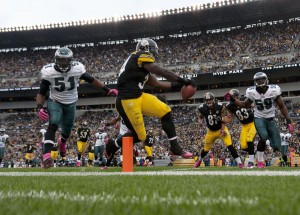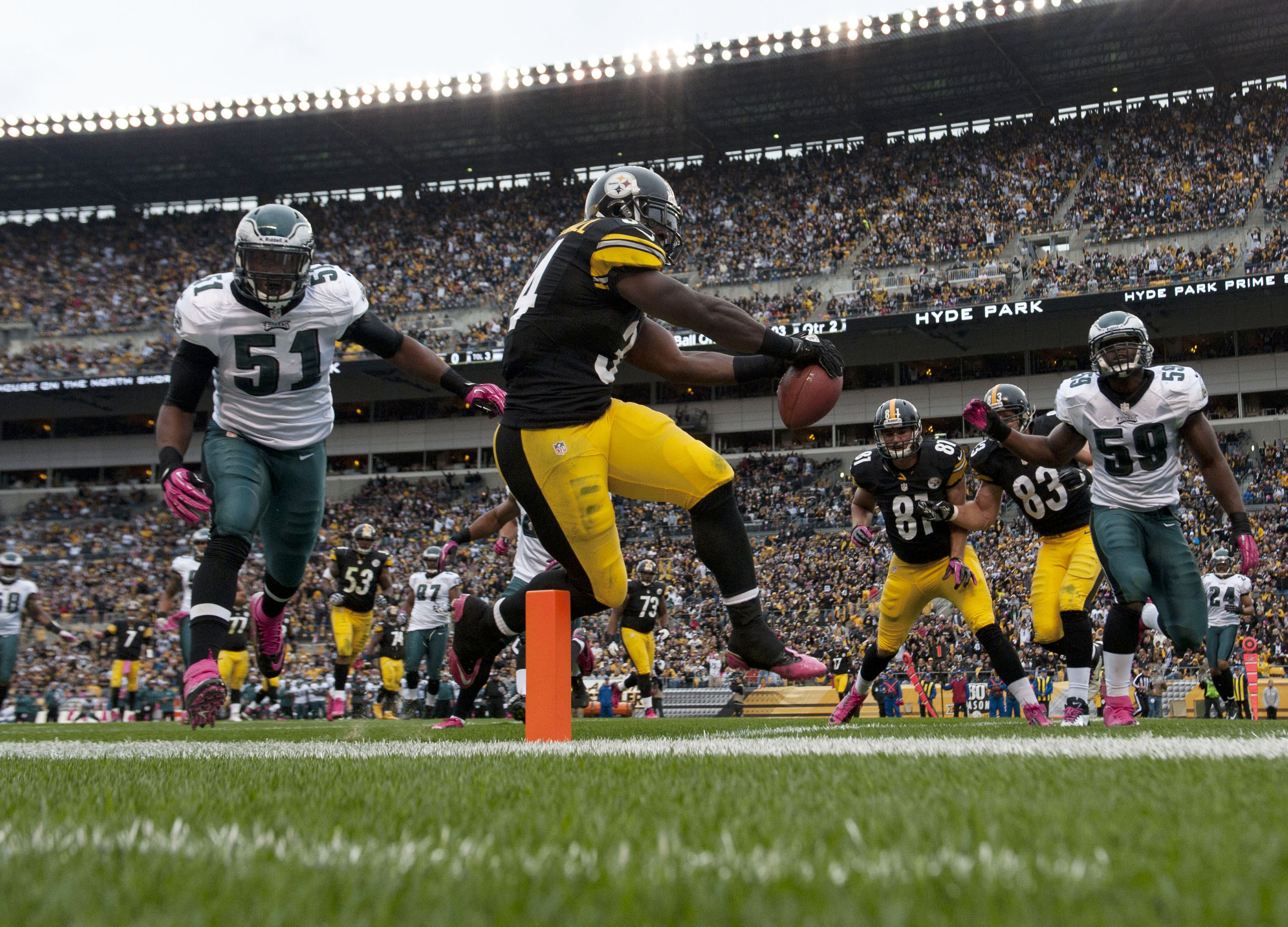The following is a guest contribution from Ryan Harris. Harris is a freelance copywriter and marketing consultant who works with small businesses and start-ups to design effective social media strategies to jump-start brand growth. He has worked extensively with both B2B and B2C clients on marketing strategy with a focus on product introduction.

Sports lovers are called “fans” for a reason. We’re admirers, enthusiasts, supporters. Sports fans take in news anyway they can. Before, it used to just be newspapers and online articles. Now we are lucky enough to get insight from the players themselves. Social media literally changed the game.
Players not giving comments in interviews? Fine, go to their Twitter accounts to see what they have to say. It’s a godsend for die-hard loyalists (and journalists). But is it also a detriment for the actual athletes?
The issue is that players aren’t just representing themselves – they’re representing brands and corporations worth millions and even billions of dollars. That’s a lot of money in jeopardy just because of a 140-character tweet. And Twitter is really where the drama happens – Facebook pages are more fan pages than anything, and Instagram is more of a behind-the-scenes look in pictures as opposed to actual musings.
Some fans enjoy the social media meltdowns that inevitably happen, while others feel it reflects poorly on public figures. Here are some examples of how Twitter has had a negative impact on athletes in various professional sports.
Venting Frustration
Athlete: Giancarlo Stanton
Team at the time: Miami Marlins
Current team: Miami Marlins
Trouble: Last year, Stanton took to Twitter to make it clear how unhappy he was when the Marlins decided to trade some of his teammates. Stanton tweeted that he was pissed off, venting his frustration with the decisions the clubhouse was making. Ultimately Stanton got some funny responses, including Washington Nationals outfielder Bryce Harper inviting Stanton to come play for the Nats if he was unhappy.
Damaging your image
Athlete: Gilbert Arenas
Team at the time: Orlando Magic
Current team: Shanghai Sharks (Chinese Basketball Association)
Trouble: Arenas, an NBA guard, didn’t take too kindly to comedian Joe Mande making fun of him on Twitter. Mande called Arenas out for his erratic behavior, poking fun at his profile pictures, his grammar and eventually his stats. The result? Arenas looked pretty ridiculous defending himself and ended up deleting the Tweets and eventually his Twitter account.
Getting fired
Athlete: Larry Johnson
Team at the time: Kansas City Chiefs
Current team: None
Trouble: Back in 2009, Johnson used his Twitter account to vent some frustration he was having with the Chief’s head coach, Todd Haley. It’s never a great idea to talk about how your coach doesn’t have the credentials to do his job, but that’s exactly what Johnson did. He tweeted about how his own father was more qualified to coach the Chiefs than Haley.
His comments, along with other tweets that used gay slurs, got him suspended from the organization. His suspension was just the first step to him being released from the team.
Losing sponsorship
Athlete: Rashard Mendenhall
Team at the time: Pittsburgh Steelers
Current team: Arizona Cardinals
Trouble: When Osama bin Laden was killed in 2011, nearly everyone had something to say about it – including Steelers running back Rashard Mendenhall. He caused controversy by tweeting that people shouldn’t be celebrating the death of bin Laden.
That didn’t sit well with Mendenhall’s sponsor, Champion. They released a statement saying that his tweet was not consistent with the Champion brand, and subsequently withdrew their endorsement.
What’s different about Twitter is that there’s less privacy. If you’re an athlete, you don’t approve every view of your profile – most are public. Fans can keep up with your Twitter account in real-time. The Internet is giving us a way to connect directly with athletes daily – and we can do it because we all rely on Wi-Fi and the Internet on a daily basis.
Athletes are also getting online constantly – so much so that several professional organizations like the NFL and NBA have Twitter bans before and after games (and violations can lead to serious fines).
The fines and bans are just professional sports evolving as social media evolves. But is it fair to say that social media is a bad thing? Some athletes do a great job using social media. Ultimately, the reward of this unique look into sports far outweighs the negatives.
